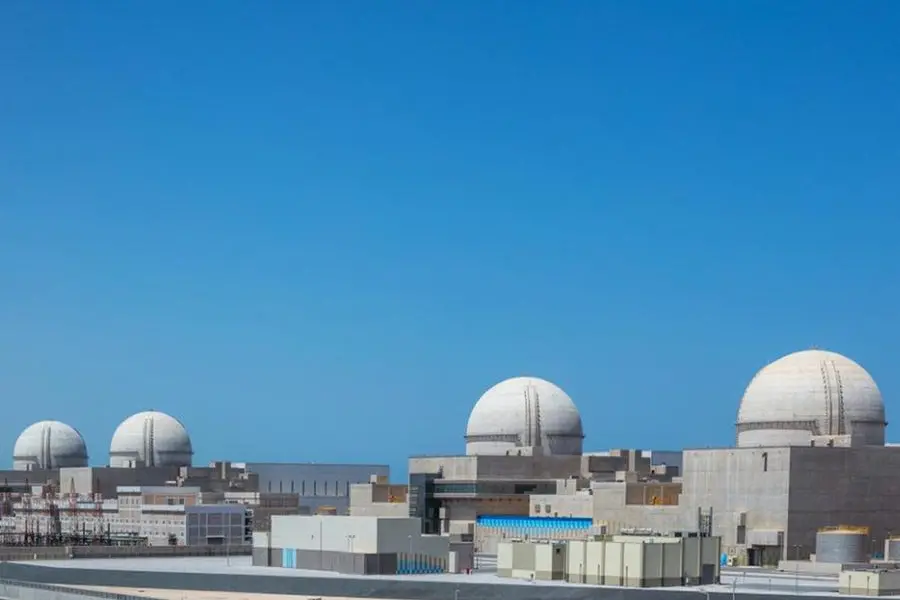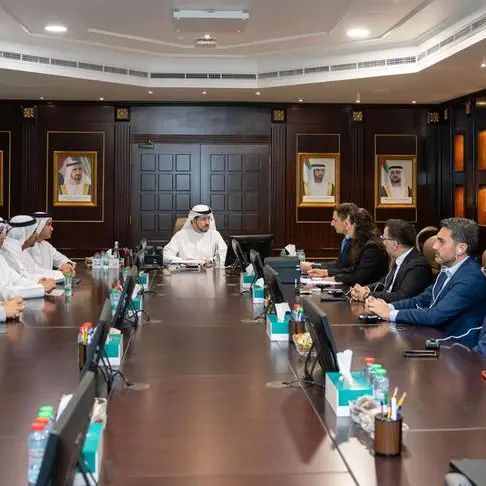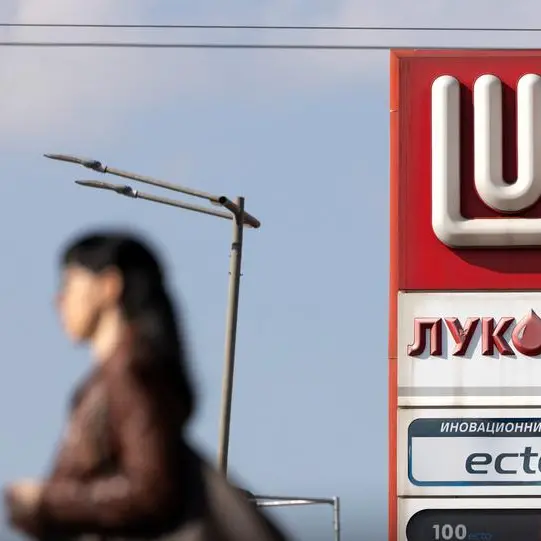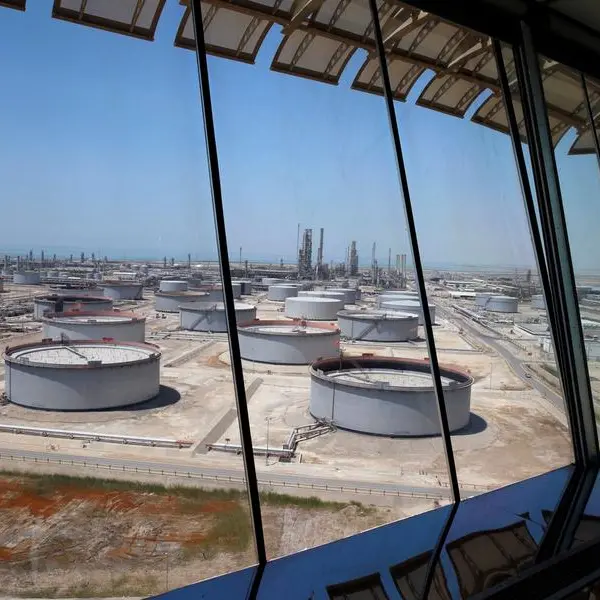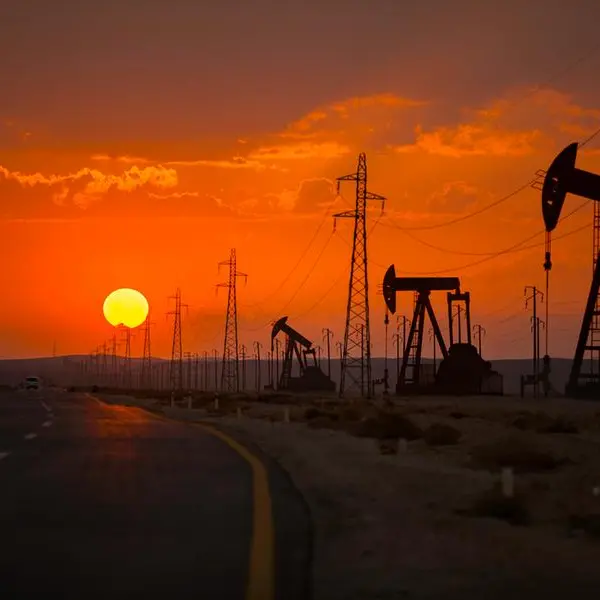PHOTO
The Barakah Nuclear Power Plant plays a key role in producing energy and achieving sustainable development by generating ample carbon-free electricity for the UAE's power grid under an integrated approach to renewable energy sources.
It also reinforces the leading position of Abu Dhabi and the UAE in the regional and international environmentally-friendly energy sector.
In this report, the Emirates News Agency (WAM) will highlight the plant’s strategic role in producing energy and achieving sustainable development.
The Emirates Water and Electricity Company (EWEC) announced on 10th February, 2023, at precisely 14:26 that nuclear and solar energy provided more than 80 percent of the total electricity demand, with a production capacity of some 6.2 gigawatts (GW) out of a total demand of 7.7 GW.
Electricity bills issued by the EWEC for February 2023 included crucial details about the sources of electric power delivered to consumers in the country, indicating that 10 percent of consumed electricity was from solar energy, 42 percent from gas, and 48 percent from nuclear energy.
According to a report by the specialist energy weekly newsletter, MEES, citing reports from EWEC, a total of 94.5 terawatts (TW) of electricity was produced in Abu Dhabi in 2022 out of a total of 145 TW produced in the country. After two of its reactors began operating, Barakah produced more than 20 TW of electricity per hour, accounting for up to 22 percent. In comparison, the Fujairah Water and Electricity Generation Complex was ranked second with 12 TW per hour. Barakah is the largest source of environmentally-friendly electricity in the UAE and the region.
The report also stated that the contribution of Barakah and solar power plants in Abu Dhabi reached 24.3 percent of the total electricity produced in 2022, up from 13.4 percent in 2021, which led to a decline in the consumption of gas used for electricity production in Abu Dhabi to a level not seen in 11 years, dropping from 2.2 billion cubic feet (cf) in 2021 to 1.9 billion cf in 2022.
According to the MEES report, Barakah and solar power plants will provide more than 30 percent of the total power generated in Abu Dhabi and Fujairah in 2023. Barakah’s third reactor began its commercial operation in February, adding 1,400 MW of clean electricity.
Mohamed Ibrahim Al Hammadi, Managing Director and CEO of ENEC, said that Barakah plays a key role in securing energy and achieving the UAE’s clean energy transition and climate neutrality goals by 2050, stressing the importance of combining nuclear and renewable energy sources to increasing the share of clean energy in the country and the region.
Barakah’s reactors are the cornerstone of the country’s sustainable development, as they play a leading role in cutting the energy sector’s carbon emissions. When fully operational, the four reactors will meet 25 percent of the country’s commitment to reducing its carbon footprint by 2030 while having geopolitical significance in exporting clean electricity to the world, he added.
The Barakah Nuclear Power Plant in Al Dhafra, Abu Dhabi, fosters innovation in the transition to clean energy, includes mini-modular reactor models and next-generation reactors, and creates opportunities for new carbon-free energy sources, such as hydrogen.
Barakah, the cornerstone of the UAE’s peaceful nuclear programme, provides clean and abundant power to the country and performs a key role in cutting carbon emissions.
